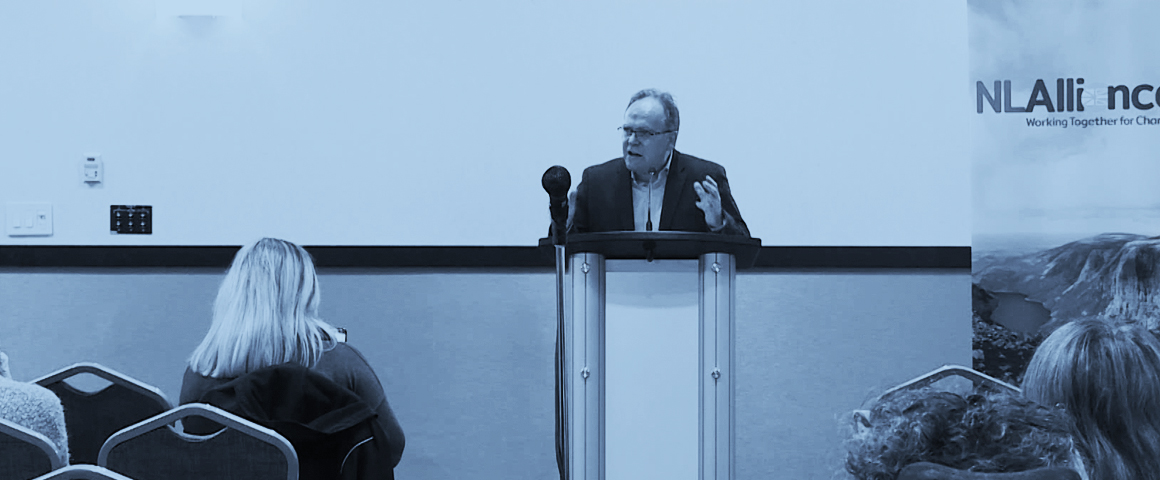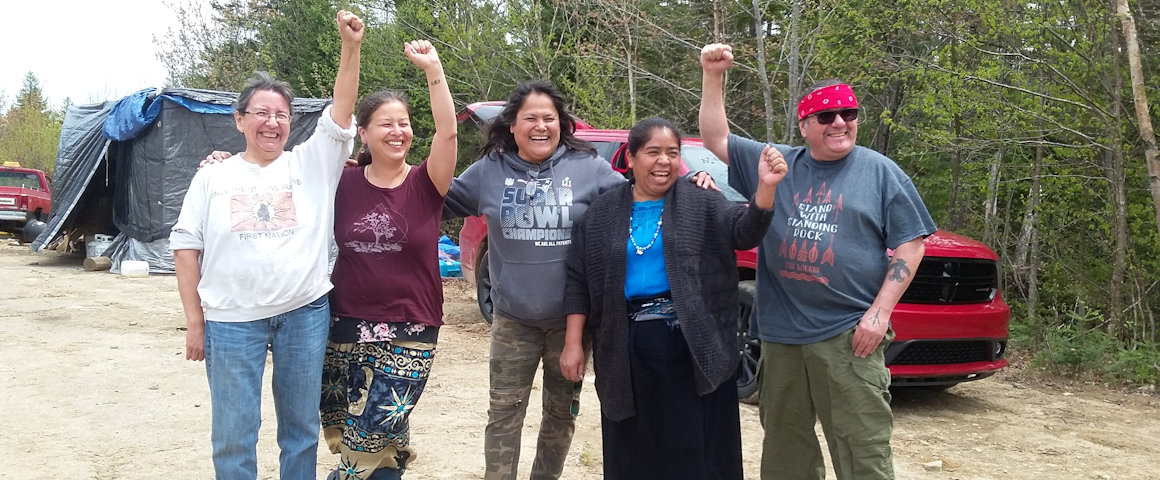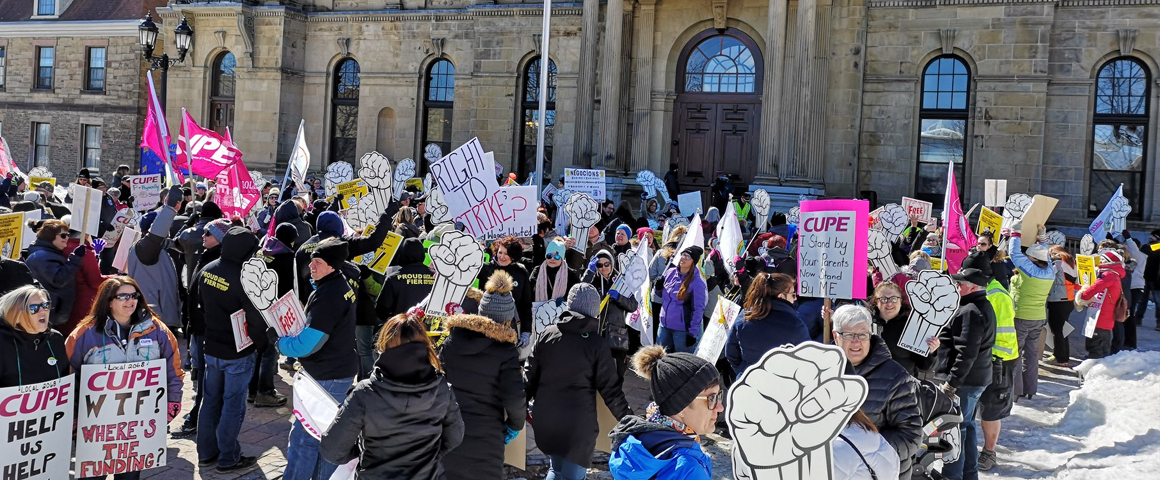Right-wing populism is nothing new to Canadian politics. Maxime Bernier’s split from the federal Conservatives to form his so-called People’s Party is but another recent example of reactionaries creating a new party because their old vehicle was apparently not reactionary enough.
Newfoundland and Labrador has had a conservative split of its own of late, with former Progressive Conservative Party president Graydon Pelley resigning from the PCs in November to form the “Newfoundland and Labrador Alliance”. This move takes advantage of simmering discontent with the political and economic scene in the province motivated largely by dislike of the Ball Liberals and their austerity budgets and the massive public spending on the Muskrat Falls hydro project.
That discontent has at times boiled over into significant demonstrations, most prominently in the spring of 2016. Much criticism is levelled at the party system and the manner in which business is conducted in the legislature. These are concerns about how much influence a single party can have, or that a small number of MHAs actually form policy and simply force the “backbenchers” to toe the line, and that being connected to the feeling that MHAs are not representing constituents so much as their party positions. Fair complaints to have for sure, even without getting into the fact that the mainstream parties are loyal to capital first and foremost.
Indeed, without a radical criticism of capitalism itself, we are left with arguments of form over substance. This writer has observed in particular a demand for more independent MHAs, promoting free voting on any issue in the House, and the right to recall elected officials. More independents is not something to objectively disagree with, and certainly the right to recall is an important democratic tool for people to possess. The PCs have tapped into that sentiment, with new leader Ches Crosbie paying lip service to the idea and promising it will be in their upcoming election platform. There is even to be an “all party” committee on democratic reform established at some point this year.
So what is this NL Alliance? Pelley’s new group is obviously trying to sound somewhat radical. Pelley is calling it an “alliance” because that sounds better than calling it a party. After all, from their point of view, the problem is that “government” (in the form of parties) has been controlling things and not the people themselves. Alliance just sounds like people coming together to make something collaboratively. Their own website calls the NL Alliance a “movement”, about being “loyal to people” and not to parties.
But of course that is just fluff. The guiding principles listed on their website are also more fluff; they talk about equal representation for all the people of province, the usual statement about honesty, transparency, and accountability, freedom, democracy, and so on. And a statement that they will protect our long-term economic interests by being “fiscally responsible with the people’s money”. Given the previous alignment of Pelley with the conservatives, the latter should come as no surprise. That really translates into business as usual on bread and butter matters, though it is a obvious attempt at saying “See, we’d never overspend on something like Muskrat Falls!”
Pelley has also recently made some comments about his new definitely-not-a-party alliance that might be construed as a platform. Speaking to a small gathering at a hotel in St. John’s on January 7, Pelley put forward six points: (1) a free vote for all members regardless of affiliation, (2) an all-MHA table discussion of major issues with an equal vote, (3) changing house rules to encourage good decorum and punish bad behaviour, (4) open interviews for every government position, (5) recall legislation, and finally (6) that the shareholders of all companies receiving government money would be made public. All of these points are a direct response to popular demands, some of which stem from highly-publicized and embarrassing events. Notable in the past year has been the dismissal from caucus of MHAs Eddie Joyce and Dale Kirby as a result of bullying and harassment complaints from other MHAs. Furthermore, since the legalization of cannabis, production in this province was contracted out to Ontario-based Canopy Growth, which is leasing land in the St. John’s area for a new facility. The company with nothing but a number to its name bought the land shortly before that deal, and there have been allegations that those involved with said company have close ties to the Liberal Party. Whatever the truth, it has gotten people suspicious.
By themselves the six points are not bad ideas; one might wonder about how public sector unions would feel about point four, but at least recall legislation is a definite necessity. But again, these are all matters of format. What does it matter how cordially our MHAs work together when the policies they pursue are ultimately in defence of system that does not fundamentally care whether we have good jobs, affordable housing, decent infrastructure in both rural and urban areas, fighting colonialism, and so on?
The NL Alliance as it is offers nothing of substance. It may just fizzle out as so many other proposed parties (whether it calls itself a party or not!) in the face of the established parties, and if it does meet with any success its positions would render it largely irrelevant as an organization. The worst outcome for the working class of Newfoundland and Labrador is that it would just be a conservative party by another name, and we already have one too many of those.




